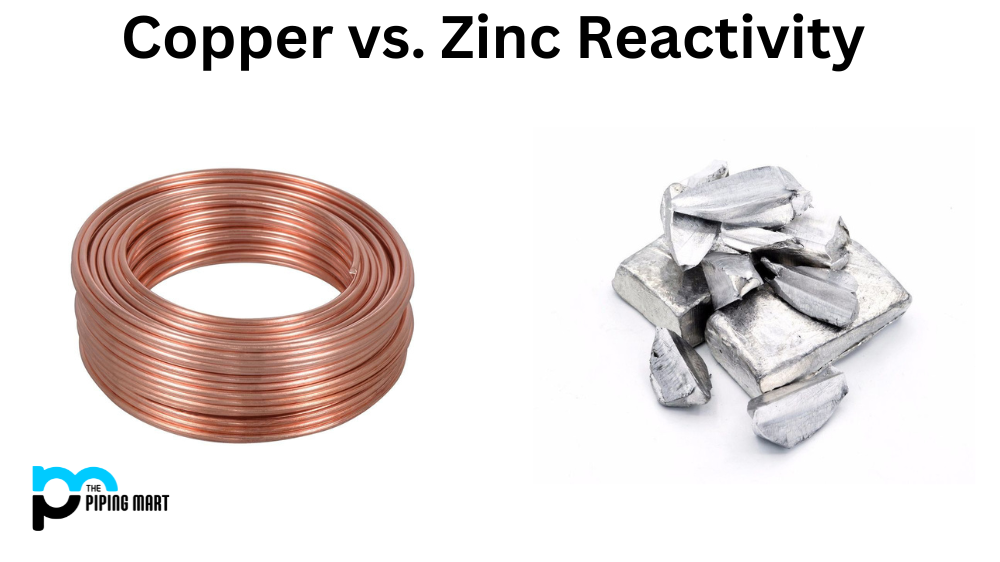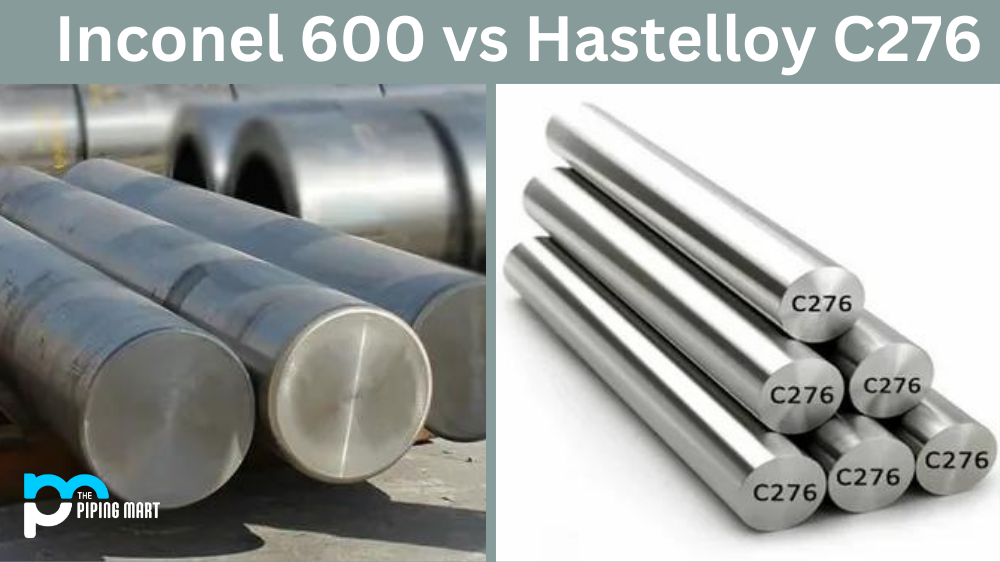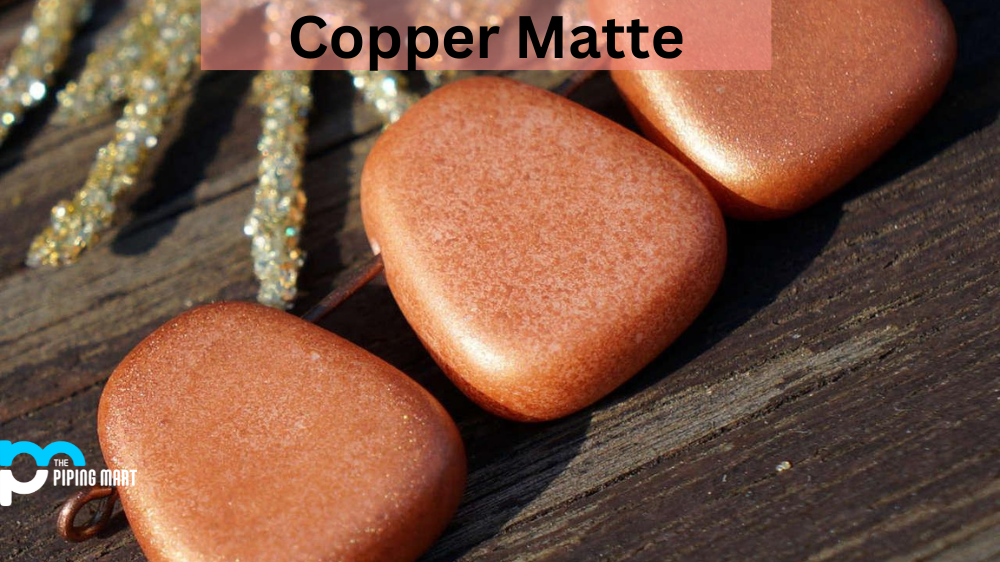Have you ever been wondering which metal is more reactive – copper or zinc? It’s a common question, and it’s important to understand the differences between these two metals. Let’s break down why one metal is more reactive than the other and what that means for your projects.
Zinc is more reactive than copper because it has the ability to displace iron from its salt solution more easily. Zinc has valence electrons and lower ionization energy, which makes it easier to donate electrons and form compounds. It also has a higher standard reduction potential, making it more likely for Zinc ions to be reduced and oxidize more easily. Zinc also requires only a single electron to become stable, whereas copper needs two – Zinc’s ease of being oxidized makes it much more reactive than copper in many of its chemical reactions.
How Reactivity Works
Reactivity is determined by elements’ electron configurations. An element’s reactivity is determined by how easily it can give away its electrons in chemical reactions. Metals that are higher on the reactivity series have fewer electrons in their outer shells and are, therefore, more likely to give up their electrons during a reaction. This means they tend to be more reactive than metals lower on the series. So, when looking at copper vs. zinc, which metal is more reactive?
Which is more reactive zinc or copper?
When comparing copper vs. zinc, zinc is more reactive than copper. because of its electron configuration. Copper has one electron in its outer shell (1s2 2s2 2p6 3s2 3p6 4s1), making it relatively unstable compared to zinc which has two electrons in its outer shell (1s2 2s2 2p6 3s2 3p6 4s2). Because of this difference in stability, copper will form compounds with other elements much faster than zinc will, making it the most reactive metal out of these two options.
Conclusion
Copper and zinc are both metals commonly used in various applications due to their unique properties. The key difference between them lies in their reactivity; copper is slightly more reactive than zinc due to its electron configuration. This makes it a great option for projects where you require a metal with high reactivity and stability but should also be taken into consideration when deciding which type of metal would work best for your project needs. Understanding how each element reacts will help you make an informed decision about your project materials so that you can get the most out of your material choices!

Meet Bhavesh, a seasoned blogger with a wealth of knowledge and experience. From metal products manufacturing to retail, Bhavesh has a diverse background in various industries and is dedicated to sharing his insights and expertise with readers.




